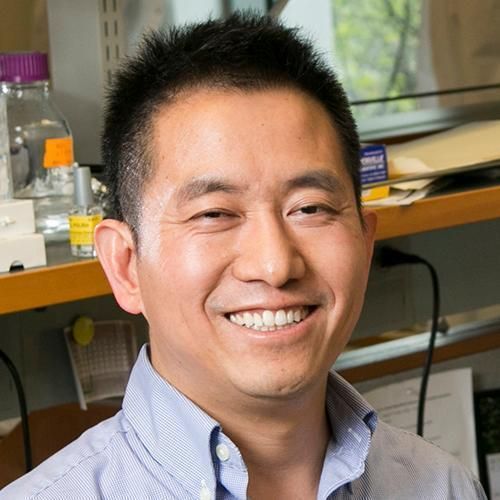Promotion of plasmid maintenance by heterogeneous partitioning of microbial communities.
Transferable plasmids play a critical role in shaping the functions of microbial communities. Previous studies suggested multiple mechanisms underlying plasmid persistence and abundance. Here, we focus on the interplay between heterogeneous community partitioning and plasmid fates. Natural microbiomes often experience partitioning that creates heterogeneous local communities with reduced population sizes and biodiversity. Little is known about how population partitioning affects the plasmid fate through the modulation of community structure. By modeling and experiments, we show that heterogeneous community partitioning can paradoxically promote the persistence of a plasmid that would otherwise not persist in a global community. Among the local communities created by partitioning, a minority will primarily consist of members able to transfer the plasmid fast enough to support its maintenance by serving as a local plasmid haven. Our results provide insights into plasmid maintenance and suggest a generalizable approach to modulate plasmid persistence for engineering and medical applications.
Duke Scholars
Published In
DOI
EISSN
ISSN
Publication Date
Volume
Issue
Start / End Page
Related Subject Headings
- Plasmids
- Microbiota
- Escherichia coli
- 3101 Biochemistry and cell biology
- 0601 Biochemistry and Cell Biology
Citation
Published In
DOI
EISSN
ISSN
Publication Date
Volume
Issue
Start / End Page
Related Subject Headings
- Plasmids
- Microbiota
- Escherichia coli
- 3101 Biochemistry and cell biology
- 0601 Biochemistry and Cell Biology

